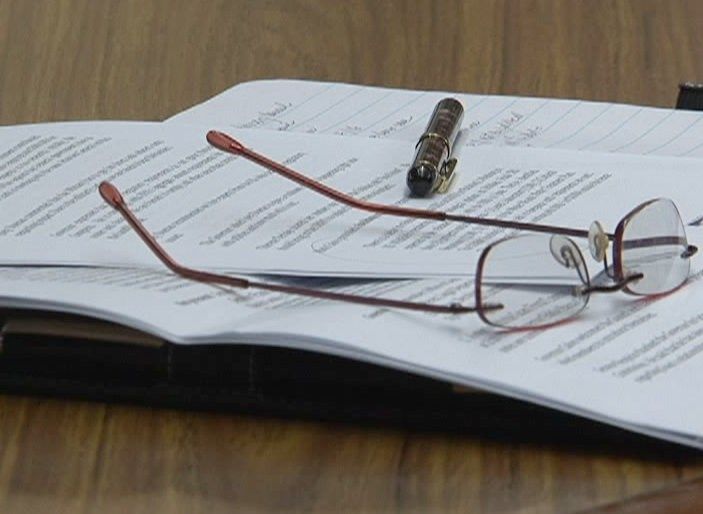Educating Guamanians on island's political is top priority
A few years ago it stood at over 900 names and today the Decolonization Registry has grown to thousands. And efforts continue to not only populate the registry but educate the community on the need to address the island's political status.

A few years ago it stood at over 900 names and today the Decolonization Registry has grown to thousands. And efforts continue to not only populate the registry but educate the community on the need to address the island's political status.
Commission on Decolonization executive director Ed Alvarez says while it's been a challenge, educating the community on Guam's political status should remain a top priority. "A lot of people on Guam, don't understand how our current political status effects us," he shared. "Only when you become involved and whether its business or government, you realize that there's a lot of federal restrictions in the way and manner we do business on Guam and the way we conduct our government services - everything has a limitation to it."
Guam is currently an unincorporated territory of the United States, which means fundamental rights apply as a matter of law, but other constitutional rights are not available as well. Alvarez says sometime this year, the commission will use leftover funds to educate the community on Guam's political status and the three status options of independence, free association and statehood. ""But I think the commission was leaning toward the town hall meetings to get some ground data so to speak on what exactly where there people are at on this issue. What do they know about it, what do they need to know about it and how to get them more engaged in this?" he said.
The commission is also working to distribute educational materials in schools within the next four to six months. But the awareness campaign doesn't stop there as the Guam Election Commission is also working to populate the Decolonization Registry. Executive director Maria Pangelinan says when she came on board in 2011, the registry had about 900 names, noting, "At this point in time, September 1, we have our list 8,974."
The list consists of names of native inhabitants or a descendant of one who was naturalized under the Organic Act in 1950 and can vote in the plebiscite. As part of efforts to increase the number, the GEC has set up a registrar in every mayor's office (with the exception of Hagatna). But it's also expanding to the university level, as well. "Professor Lisa Natividad invited us to come to her class, at the University of Guam, so she has, there is a student project in her class where they are going to register 500 native inhabitants," said Pangelinan. "So our staff will be up there to train, the whole class who are qualified as registrars."
Decolonization registrars will also be available during the GovGuam Labor Day Picnic. The GEC is also working to comply with mandates to have registrars at all GovGuam agencies by the end of this year. But with all these efforts, when exactly will this plebiscite take place? According to Guam law, it must be during a general election year.
Alvarez says 2016 won't be enough time, so he's shooting for 2018 instead.

 By KUAM News
By KUAM News